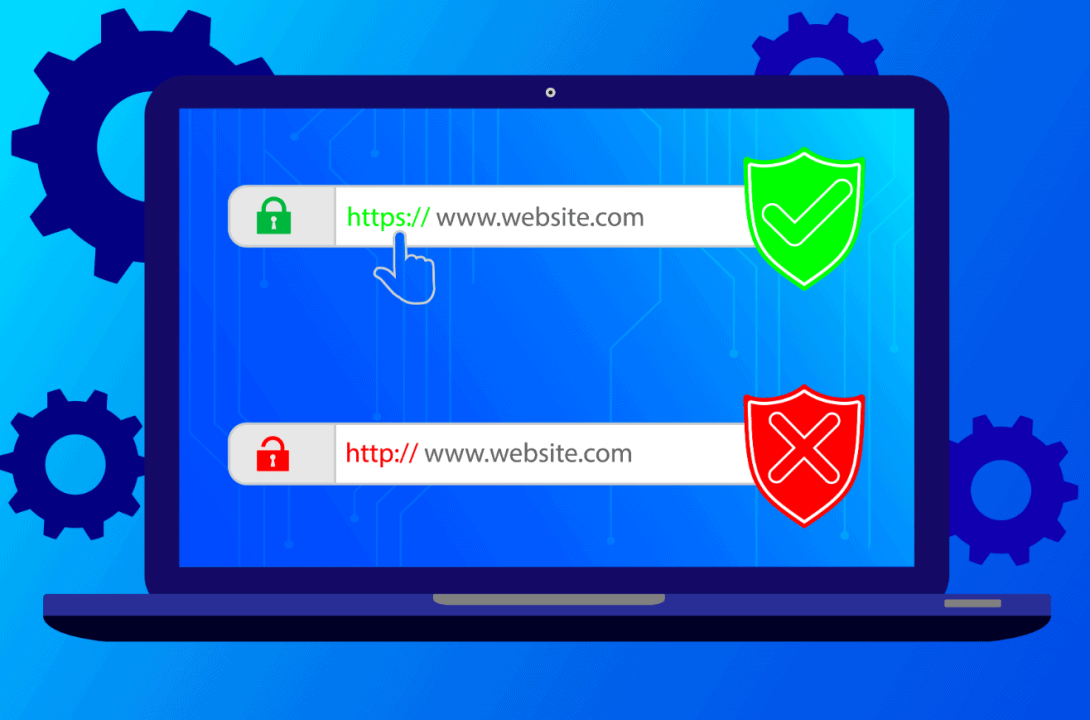Messaging apps have exploded in popularity recently. Over 41 million messages are sent every minute globally. People use these apps for everything from casual chats to essential business discussions. However, not all messaging platforms are created equal in terms of security and privacy. Many popular messaging apps use end-to-end encryption, which means only the sender and recipient read the messages. Some messaging platforms may not have strong security measures, making your conversations susceptible to being intercepted by third parties such as hackers, government agencies, or even the app developers themselves. This is where services like privatenoter are valuable, enabling you to send private notes that automatically delete themselves after being read.
How do unsecured messages haunt you?
Personal embarrassment – Private messages containing sensitive personal information, intimate photos, or embarrassing admissions are leaked online or forwarded to unintended recipients. This led to public humiliation, damaged relationships, and even blackmail. Celebrities are often victims of private message leaks, but it can happen to anyone.
Professional repercussions – Inappropriate jokes, offensive remarks, or confidential business information shared in unsecured messages can jeopardize your career if they are exposed. Many people have been fired or missed out on job opportunities due to their private messages becoming public. Even if you think you’re messaging a trusted colleague, you never know where those messages might end up.
Legal troubles – In some cases, unsecured messages can even lead to legal consequences. Threatening, harassing, or explicit messages are used as evidence in criminal cases or lawsuits. Unsecured messages planning illegal activities also implicate you if intercepted by law enforcement. Deleting messages doesn’t guarantee they are gone forever, as they may be recovered from servers or the recipient’s device.
Identity theft – Hackers who gain access to your unsecured messages may be able to piece together enough personal information to steal your identity. Details like your full name, address, birth date and financial information should always be shared through secured channels. Cybercriminals can use this data to open credit cards, take out loans, or file fraudulent tax returns in your name.
Reputational damage – Unflattering, unsecured messages that become public tarnish your reputation for years to come. In the digital age, online search results and social media posts follow you indefinitely. An offensive joke or risqué photo shared in private is screenshot and spread rapidly online, making it difficult to control the damage to your reputation. This impacts both your personal and professional life.
Tips to protect yourself
- Use secure messaging apps with end-to-end encryption like Signal or Telegram for sensitive conversations. Avoid discussing anything you wouldn’t want public on less secure platforms.
- Be cautious about what you put in writing, even in private chats. Don’t say anything you would be ashamed to have leaked. Avoid sharing sensitive personal details or engaging in inappropriate conversations.
- Consider using a service like privatenoter that creates self-destructing private notes for compassionate messages. This ensures the message disappears after being read.
- Enable two-factor authentication and use strong, unique passwords for all your messaging and social media accounts.
- Be wary of phishing attempts, and don’t click on suspicious links or attachments that could compromise your messages and accounts.
Using secure messaging apps, being cautious about what you say in private, and opting for self-destructing messages when needed help mitigate these risks.










